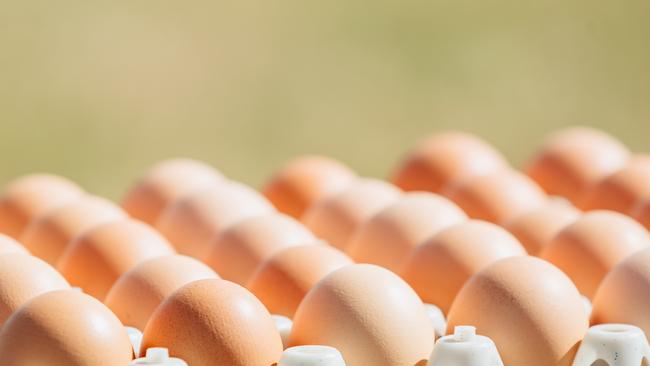Victorian bird flu cases hits 8
Avian influenza has been detected at a commercial egg farm that was already in quarantine in the restricted area of the Golden Plains Shire.

An eighth case of bird flu in Victoria has been detected at a small commercial egg farm in the Golden Plains Shire.
Tests have confirmed the presence of the high pathogenicity H7N3 strain, the same strain detected at the other six properties in the Golden Plains shire. A single case in Terang was the H7N9 strain.
The farm was already in quarantine protocols, and movement controls in areas near Meredith and Lethbridge have been extended to the west, with permits required for the movement of birds and equipment on or off properties.
The new controls include:
– A restricted area that covers the impacted Meredith and Lethbridge properties and a control area buffer zone, which is bound by Bacchus Marsh Road in the east and the Colac–Ballarat Road on the western boundary.
– A restricted area covering a 5 km radius around the Terang farm with a broader control area buffer zone covering a 15 km radius.
– A housing requirement for all birds within these areas.
“Movement restrictions are expected to be in place for several weeks, and we’re working with industry to support poultry farmers with the logistical challenges they’re facing,” Victoria’s chief veterinary officer Graeme Cooke said.
This comes after a second case of bird flu has was detected in New South Wales, this time at a free range broiler farm in the Hawkesbury region.
The New South Wales Department of Primary Industries confirmed at the weekend that a second case of high pathogenic avian influenza was detected at a property 1.5km from the original infected farm site.
About 87,000 birds are expected to be affected, with the case confirmed to be the same strain (H7N8) as the one detected in the Greater Sydney Basin last week.
This is different from the detections of the H7N3 and H7N9 strains found in the Victorian outbreak at Terang and the Golden Plains shire in the past few weeks.
NSW Minister for Agriculture Tara Moriarty said the biosecurity plan is working, with controlled and restricted emergency zones implemented across the Greater Sydney Basin area, with testing to continue at commercial sites within the zone.
The NSW government has reiterated eggs and poultry meat are safe to eat for consumers.
EARLIER
Avian influenza has been detected in a large commercial flock of free-range hens in the Greater Sydney Basin, which comes in the wake of seven outbreaks in Victoria.
The NSW Department of Primary Industries stated the affected property was under quarantine and it was working closely with the property owners to implement national protocols to contain the disease, which includes destroying all birds in the flock.
“Importantly the HPAI H7N8 strain detected in NSW is not the same as the H5N1 strain that is causing concern globally and is not connected to the Victorian outbreak,” NSW DPI confirmed.
The fact that the NSW strain differs from those in Victoria reinforces that the virus did not come from the interstate movement of eggs or poultry, but rather from infected wild birds.
Veterinary experts say the outbreaks most likely occurred when low pathogenic forms of avian influenza in wild birds spread to free-range flocks via faeces, with the virus then quickly evolving into high pathogenicity strain of disease in the commercial flock.
In Victoria, chief veterinary officer Graeme Cooke has issued a housing order across the Meredith and Terang regions to keep poultry indoors, away from avian influenza infected wild birds.
Most Victorian commercial producers have already locked down their operations, to minimise the risk of the virus spreading, via the movement of eggs, birds, vehicles or people onto and off their farms.
A 1km to 2km control zone has been established around the NSW farm site Hawkesbury Valley region.
As with the case in Victoria, all birds in the NSW AI-infected flock will be destroyed, exacerbating an egg shortage that has already led Coles to impose restrictions of two cartons per customer.
HPAI has been eradicated from NSW three times before, with the most recent at Young in 2013.




